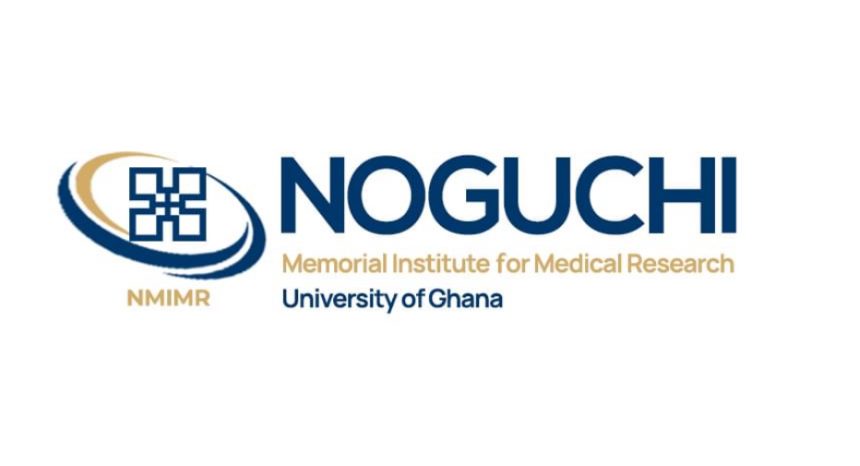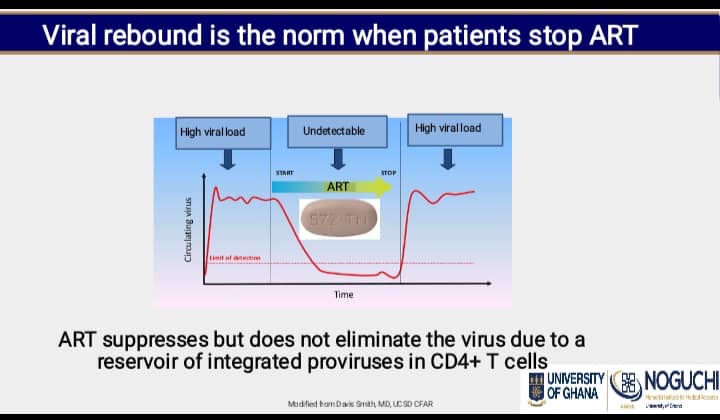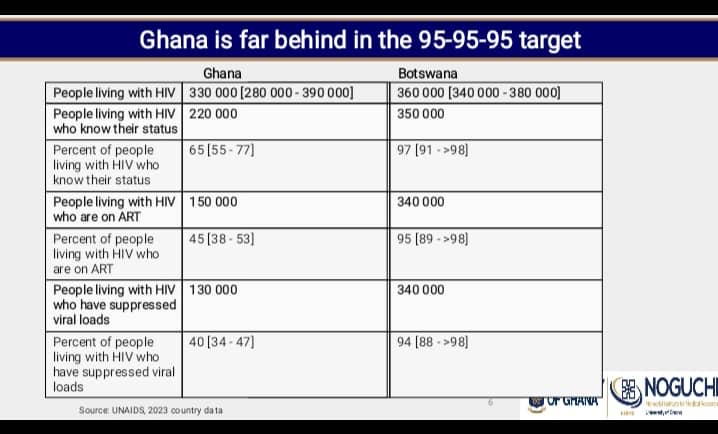Director for Research at the University of Ghana Medical Centre, Prof. George Boateng Kyei, has emphasized the persistent challenge of HIV as a major public health concern.
Speaking at a weekly lecture at the Noguchi Annual Research Meeting as part of it’s 45th Anniversary celebration, Prof. Boateng Kyei highlighted alarming statistics regarding the epidemic’s impact, stating that the figures are equivalent to the entire population of Ghana and beyond.
“HIV remains an important public health problem. So far, it has killed almost 50 million people that is about the whole of Ghana’s population, Togo and that of Benin as well.”
Prof. Kyei pointed out that around 39 to 40 million people are currently living with HIV worldwide, with 7.3 million newly infected each year.
He explained that, advancements in HIV treatment have led to the development of fixed-dose combinations of medications, allowing patients to take a single pill once a day.
This he believes would have the potential to end the AIDS pandemic with these effective medications, which can control the virus to the point of being undetectable.
“Because these medications are very good in controlling the virus and the side effects are minimal. They can control, not cure. They reduce the viral load to what we call undetectable.”
Prof. Kyei emphasized the importance of getting everyone with HIV on medication to achieve an undetectable viral load, which would halt the transmission of the virus.
“Research has shown that undetectable equals untransmissible. This means that even if they have unprotected sex, they cannot transmit to anybody and the epidemic would end.”
He highlighted that while extensive research and investments have been made in HIV treatment, many individuals in Ghana still lack access to necessary medications. This contributes to Africa deficiency in fighting this disease.
“In Ghana we have the tools, and the medications we are using are pretty good. Sometimes, there are issues with access. Because of this, we are far behind in the WHO or UNAIDS 95-95-95 target.”
He compared Ghana’s statistics with that of Botswana as the populations are similar. He showcased their impressive results, with 97% of those living with HIV aware of their status, while Ghana only stands at 65%.
Prof. Kyei noted that Noguchi Memorial Institute has been at the forefront of HIV research in Ghana since the first cases were detected in 1986. They have contributed to understanding the virus, including its different subtypes and variants.
”Since the detection of the first cases in 1986 we have done a lot of work looking at characterizing HIV- 1 and HIV- 2.”
”Over the years, fellows from Noguchi have served on the National AIDS Control Program Advisory Committee. Without Noguchi, the response in Ghana would be much, much worse”
Story by: Joycelyn Glory | univers.ug.edu.gh



